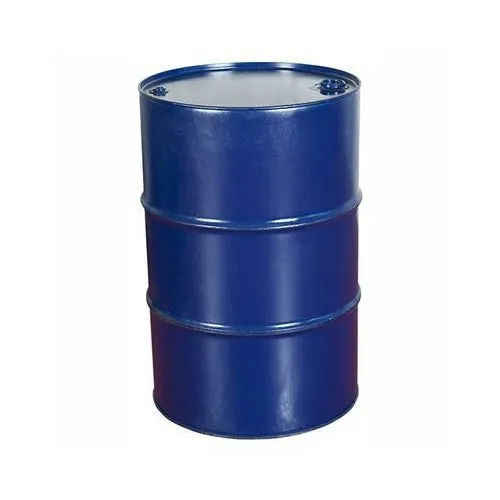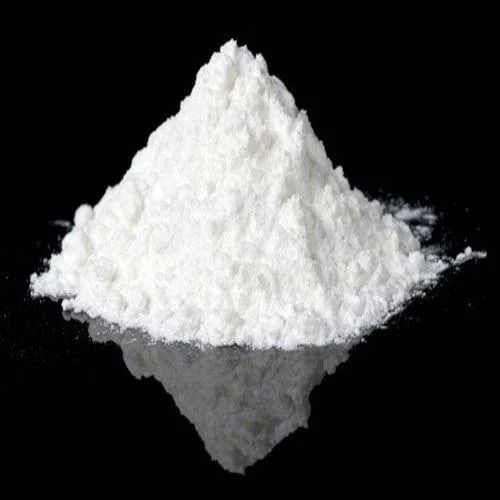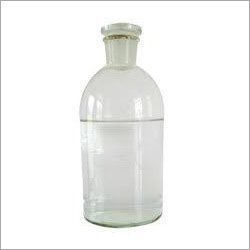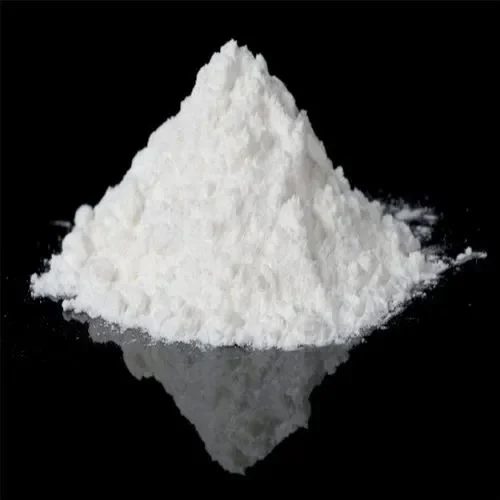Welcome to Our Company
Phenoxyethanol Chemical
175 INR/Liter
Product Details:
- Usage Stabilizer in perfumes, Antibacterial, Preservative
- Density 1.102 Gram per cubic centimeter(g/cm3)
- HS Code 2909
- Storage Room Temperature
- Structural Formula C8H10O2
- Physical Form Liquid
- Purity 99%
- Click to View more
X
Phenoxyethanol Chemical Price And Quantity
- 100 Liter
- 175 INR/Liter
Phenoxyethanol Chemical Product Specifications
- Stabilizer in perfumes, Antibacterial, Preservative
- Phenoxyetha
- 2909
- 122-99-6
- 99%
- 1.102 Gram per cubic centimeter(g/cm3)
- Water Soluble
- Liquid
- Room Temperature
- 204-589-7
- Liquid
- Industrial
- C8H10O2
Phenoxyethanol Chemical Trade Information
- Days
Product Description
Phenoxyethanol is a synthetic chemical compound commonly used as a preservative in various cosmetic and personal care products, as well as some pharmaceuticals. It is also known by its systematic name: 2-phenoxyethanol.
As a preservative, phenoxyethanol helps extend the shelf life of products by inhibiting the growth of bacteria, yeast, and mold. It is effective against a broad spectrum of microorganisms, making it a popular choice for ensuring product safety and stability.
Here are some key points about phenoxyethanol:
1. Cosmetic and Personal Care Products: Phenoxyethanol is frequently used in skincare products, makeup, shampoos, conditioners, lotions, creams, and various other personal care items. Its ability to prevent microbial growth helps protect these products from contamination and deterioration.
2. Preservative Properties: Phenoxyethanol works by disrupting the function of microorganisms, preventing their growth and proliferation. It is considered a relatively mild preservative and is often used in combination with other preservatives to provide comprehensive protection against contamination.
3. Safety: Phenoxyethanol is generally considered safe when used within approved concentrations in cosmetics and personal care products. The Cosmetic Ingredient Review (CIR) Expert Panel, an independent group responsible for evaluating cosmetic ingredient safety, has deemed phenoxyethanol as safe for use in cosmetic products at concentrations up to 1%.
4. Concerns: There have been some reports of skin irritation and sensitization associated with phenoxyethanol, particularly in individuals with sensitive skin. However, such cases are relatively rare, and allergic reactions to phenoxyethanol are considered less common compared to some other preservatives.
5. Regulatory Status: The use of phenoxyethanol is regulated in various countries and regions. Cosmetic products containing phenoxyethanol must comply with local regulations, which often specify maximum allowable concentrations.
6. Alternatives: Some companies and consumers prefer to use natural or alternative preservatives in their products, driven by concerns over synthetic chemicals. Common natural alternatives to phenoxyethanol include essential oils and certain plant extracts with antimicrobial properties.
Phenoxyethanol Properties:
Phenoxyethanol, also known as 2-phenoxyethanol, is a colorless, oily liquid with a faint floral or rose-like odor. Its chemical formula is C8H10O2, and it is classified as an ether alcohol. Here are some key properties of phenoxyethanol:
1. Molecular Weight: Phenoxyethanol has a molecular weight of approximately 138.17 g/mol.
2. Solubility: Phenoxyethanol is soluble in water, alcohol, and most organic solvents. This property contributes to its effectiveness as a preservative in various formulations.
3. Boiling Point: The boiling point of phenoxyethanol is around 245 degree centigrade, which means it has a relatively high boiling point for a liquid at room temperature.
4. Density: The density of phenoxyethanol is about 1.102 g/cm3.
5. Stability: Phenoxyethanol is stable under normal storage conditions, and it does not readily break down or degrade, which contributes to its effectiveness as a preservative.
6. Preservative Activity: As a preservative, phenoxyethanol is effective against a wide range of microorganisms, including bacteria, yeast, and mold. It disrupts the cell membranes of these microorganisms, preventing their growth and proliferation in cosmetic and personal care products.
7. Mild Anesthetic Properties: Phenoxyethanol has mild local anesthetic properties, which can help reduce discomfort or irritation when applied to the skin or mucous membranes. This characteristic is sometimes utilized in certain topical applications.
8. Regulatory Status: The use of phenoxyethanol is regulated in different industries and countries. In cosmetics and personal care products, its concentration is typically restricted to a maximum of 1% due to safety considerations.
9. Compatibility: Phenoxyethanol is compatible with a wide range of cosmetic ingredients, making it a versatile preservative that can be used in various formulations.
FAQ:
Q. What is phenoxyethanol, and what is it used for?
Ans: Phenoxyethanol is a synthetic chemical compound commonly used as a preservative in cosmetics and personal care products. Its primary purpose is to inhibit the growth of bacteria, yeast, and mold, thus extending the shelf life of these products and ensuring their safety and stability.
Q. Is phenoxyethanol safe to use in cosmetics?
Ans: When used within approved concentrations (usually up to 1%) in cosmetics and personal care products, phenoxyethanol is generally considered safe. However, like any cosmetic ingredient, it may cause skin irritation or allergic reactions in some individuals, particularly those with sensitive skin. Patch testing is recommended before using a new product containing phenoxyethanol.
Q. What products commonly contain phenoxyethanol?
Ans: Phenoxyethanol is found in a wide range of cosmetic and personal care products, including skincare items (creams, lotions, serums), makeup (foundations, eyeshadows), hair care products (shampoos, conditioners), and body care products (body washes, body lotions).
Q. Does phenoxyethanol have any side effects?
Ans: While phenoxyethanol is generally well-tolerated, some people may experience mild skin irritation or sensitization reactions. Allergic reactions are relatively rare but can occur. If you notice any adverse reactions after using a product containing phenoxyethanol, discontinue use and consult a healthcare professional.
Q. Can phenoxyethanol be used on sensitive skin or infants?
Ans: Phenoxyethanol is considered a relatively mild preservative and is used in many products formulated for sensitive skin. However, as with any cosmetic ingredient, it is essential to perform a patch test before using a product containing phenoxyethanol, especially on sensitive or infant skin.
Q. Is phenoxyethanol a natural preservative?
Ans: No, phenoxyethanol is a synthetic compound and not considered a natural preservative. Some manufacturers and consumers prefer to use natural alternatives, such as essential oils or plant extracts, as preservatives in their products.
Q. Can phenoxyethanol be ingested?
Ans: Phenoxyethanol is not intended for ingestion and should only be used externally in cosmetic and personal care products. Ingestion can be harmful and may lead to adverse effects. If ingested accidentally, seek immediate medical attention.
Q. Is phenoxyethanol toxic?
Ans: At the concentrations typically used in cosmetics and personal care products, phenoxyethanol is not considered toxic. However, like any chemical, it should be handled with care and used as directed.
Q. Can phenoxyethanol be used in products for the eye area?
Ans: Yes, phenoxyethanol is commonly used in cosmetic products for the eye area, such as eyeshadows and mascaras, to prevent microbial contamination and maintain product safety.
Tell us about your requirement

Price:
Quantity
Select Unit
- 50
- 100
- 200
- 250
- 500
- 1000+
Additional detail
Mobile number
Email









